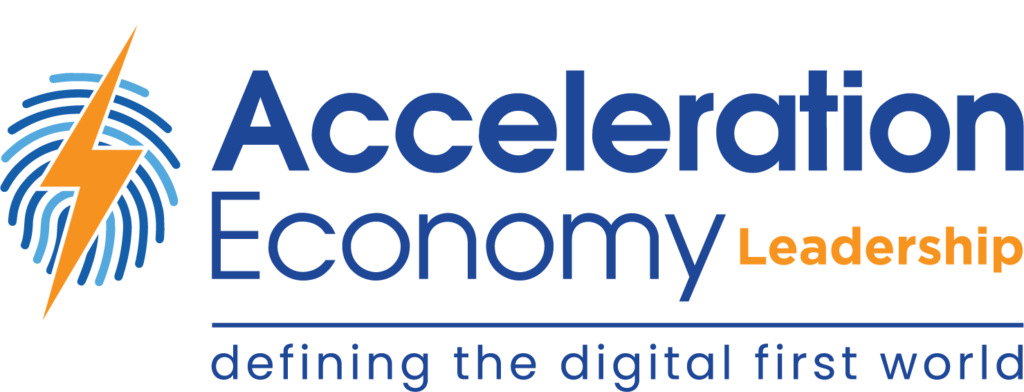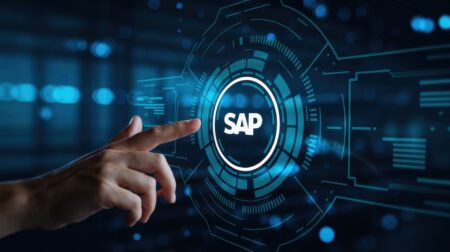Acceleration Economy is on location at HIMSS, taking place in Chicago this week. Kieron Allen talks to Paul Swider and Toni Witt about the highlights of their first days at the conference.
Highlights
00:08 — Kieron is joined by Paul Swider, practitioner analyst for the Acceleration Economy Leadership channel and Toni Witt of the AI/Hyperautomation channel, who are attending HIMSS 23, a conference that brings together people who represent every sector in the global health information and technology spectrum.
00:58 — Paul discusses what’s taken place on Day 1, which included an executive summit, an AI (artificial intelligence) summit, and a nursing informatics summit. It seems like everyone is talking about AI.
01:42 — In the executive summit, Paul had the sense people were more worried about existing AI than generative AI. It was different at the AI summit, but even there “they’re not fully talking about the latest.”
02:30 — Toni, overall, finds it’s an interesting confluence of people from different industries and with different kinds of approaches to healthcare. Of course, there are developers, engineers, and technologists, but it’s cool how those are intersecting with the real healthcare people, as well as policy, and all sorts of different industries.
03:28 — Toni’s main takeaway from the AI keynote was that it was a battle between those who were encouraging AI adoption, and then the people who were more skeptical. It was an interesting debate. A panelist highlighted the need for enterprise-wide governance for sub-use cases of AI. Paul agrees that governance was a hot topic.
05:00 — Paul explains a fascinating announcement from Microsoft, which involves taking OpenAI technology and infusing it into patient records, working with Epic.
06:02 — “What’s really fascinating about that is what is Oracle going to do [about the Microsoft-Epic partnership]?” asks Paul, going on to wonder about Google, as well. “What’s their play going to be on this?”
06:20 — Paul recently previewed new products and technology coming from Microsoft specifically around social determinants of health (SDOH) and responsible AI. These new releases will enable users to conduct more detailed research and care by considering factors such as where the patient lives and their lifestyle habits.
07:05 — “Essentially, what Microsoft has done is they’ve taken that dataset and they brought it into Azure, and they’ve connected it to cloud for healthcare,” Paul says. The next step is to integrate the social determinant dataset with the patient dataset and then “do your analytics or AI on it.”
08:00 — Toni is approaching the event focused on AI. “They have a whole track and set of AI-based education sessions that are happening,” of which Toni reports that he plans to attend as many of those as he can and talk to attendees to hear their thoughts about AI technology and healthcare.
08:48 — As the healthcare practitioner analyst for Acceleration Economy, Paul highlights two use cases of GPT4 that Microsoft is talking about at the conference.
09:00 — First, the company acquired Nuance for $30 billion last year, which has capabilities around drop-hanging mics in medical settings. “Think of a surgeon operating and they automatically get the voice,” Paul suggests as one use case of this technology. He continues describing this use case, as the company is “tying that to GPT4 so they can really enhance the sophistication of the notes that get generated.” The notes created from this can be used for physicians, teachers, programmers, doctors, and more within the healthcare industry.
09:45 — The second use case is the integration with Azure Health Bot. Paul considers these to be “two really solid real-world use cases” and anticipates hearing more announcements this week.
Want more tech insights for the top execs? Visit the Leadership channel:









